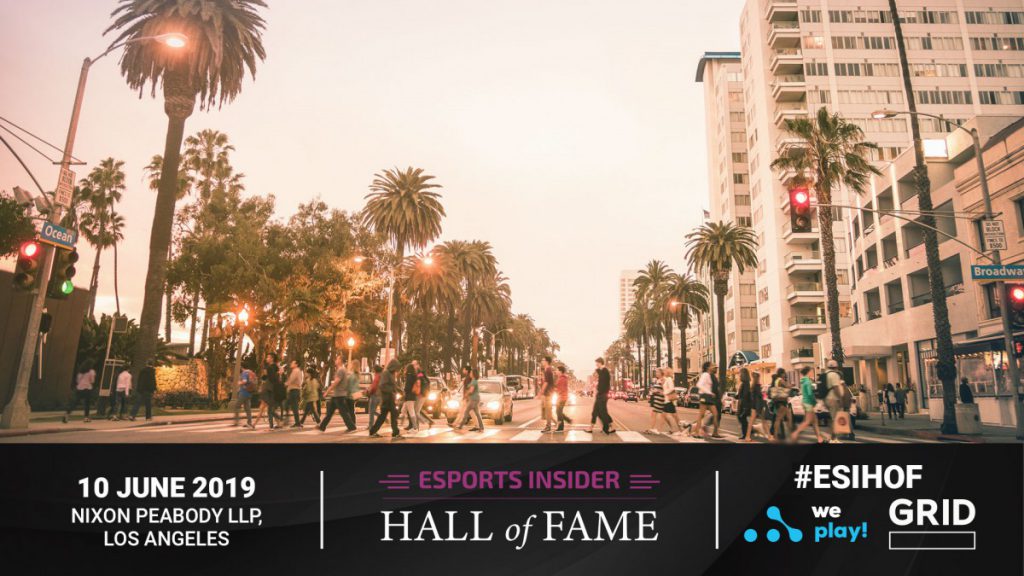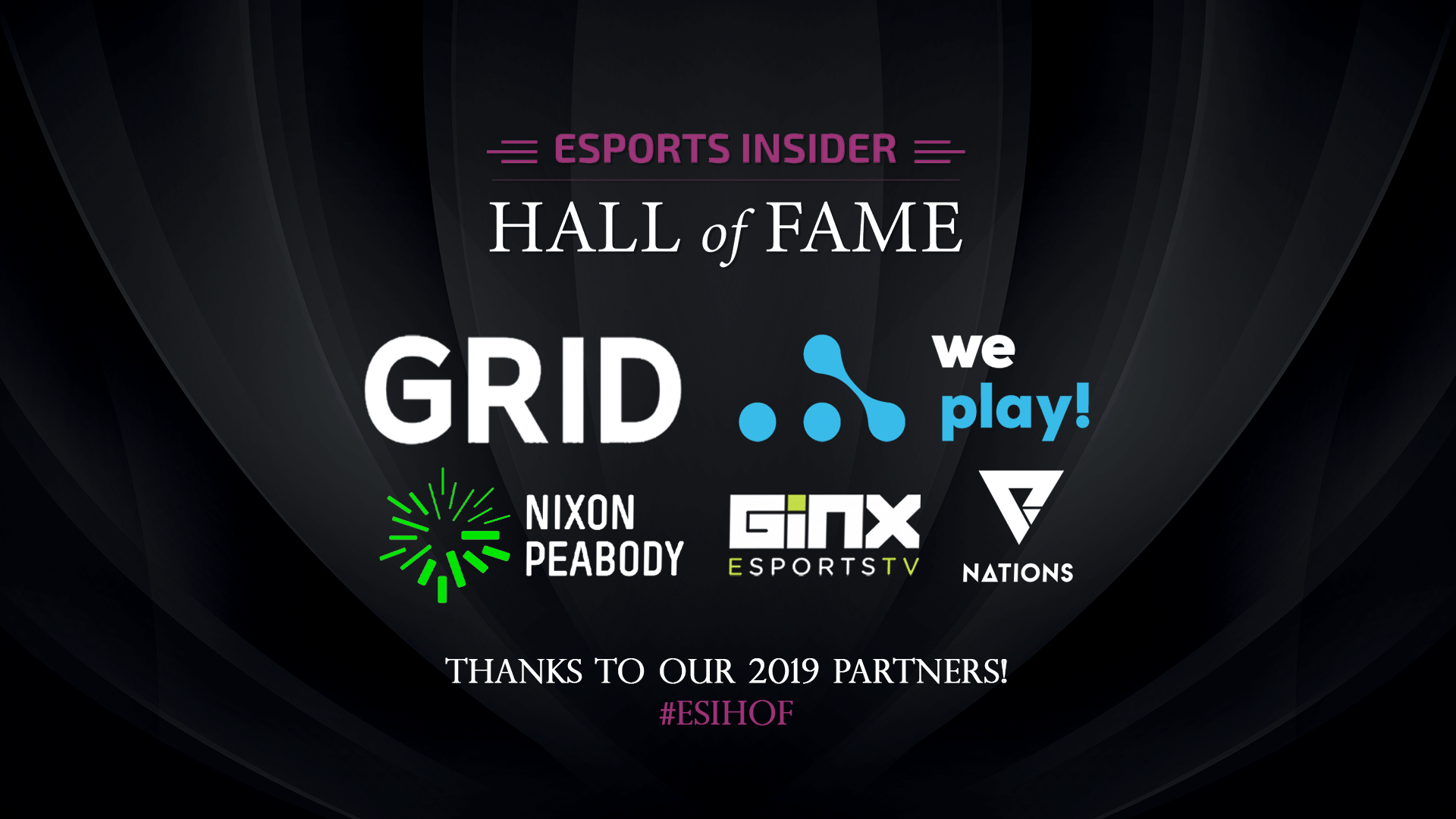In the run-up to the ESI Hall of Fame 2019 at Nixon Peabody in Los Angeles on June 10th (#ESIHOF), we’re running a series titled ‘Ask the Esports Lawyers’. In each special guest post by Nixon Peabody, we’ll find out more about the most significant issues in esports law at the moment and how specific government rulings can affect the landscape.
In part two of the series, we spoke to Irene Scholl-Tatevosyan and Benjamin Kim, from Nixon Peabody LLP to find out about some of the most important questions legally speaking in esports today.
You can find part one HERE.
Esports is an ever-changing landscape. With the industry growing at such an alarming rate, there’s always bound to be teething problems. Esports is still in the process of professionalising fully, and thus there’s still plenty of examples of business malpractice across the space.
We spoke to Irene Scholl-Tatevosyan, a Labour and Employment Associate and a Complex Commercial Litigator at Nixon Peabody, and Benjamin Kim, a Partner in Nixon Peabody’s Labor & Employment group who offered their thoughts and expertise on some of the most pertinent issues in esports at present.
Esports Inside: What are some of the most pressing legal issues right now in esports?

Irene Scholl-Tatevosyan: One of the biggest issues will be (and to an extent already is) unionisation in esports. Unionisation in sports generally has been a bit messy, but with esports, it becomes more complicated as there are different game publishers who own the game being played itself. Another issue is governance—in other words, how to govern this industry as there is no set structure outside of the prominent game publishers creating their own structure—as well as regulatory compliance—such as with the FTC, which prohibits unfair or deceptive acts or practices in marketing. Of course, IP is huge for any industry that touches on technology, like esports, and we see those issues playing out in recent litigation.

Benjamin Kim: The employee-independent contractor issue is another concern on the labour and employment side, especially in states like California where, based on recent precedent, it is even more challenging—though not impossible—to classify workers as independent contractors instead of employees. This is particularly important for rapidly growing markets such as esports. How esports companies—which often have many facets of their business and crossover into many different industries—deal with their talent and how teams deal with their players create issues we are seeing play out in real time. Gambling-related to esports is also a big one as the regulatory landscape continues to change statewide and federally.
ESI: How do you see the industry changing?
Irene: It will continue to grow, not just in the audience but with more structure.
I think the big players are here to stay, but it will be interesting to see whether there will be another Riot or Blizzard — I think there will be. Eventually, we may see A/R and V/R have more of a role in esports as well, but we may be farther away from that future. Esports is here; I see it becoming more of a behemoth. For example, I see esports being a norm—in schools, in community activities, etc. The next phase will include a set structure for the esports player to go from an amateur to a semi-pro to a pro. It will include more college and high school programs that focus on esports as a career—not just for professional players—for programmers, business managers, and all sorts of professionals.
SEE ALSO: Ask the Esports Lawyer – How will FTC loot box investigations impact esports influencers?
Ben: I think we’ll see formalisation of the esports market, and the legal issues surrounding it, as well as more guidance, either in the form of new laws or regulations. But esports is a multi-dimensional market with so many different industries at play. With ever-changing technology as the backbone of esports competitions, new industries will undoubtedly form.

ESi: Do you think we will see the formation of a proper players’ union across games, and how would that deal with issues such as the current situation with Denial reportedly not paying players?
Irene: This is a difficult one—maybe. A players’ union must come from the players themselves.
A company or team cannot be involved in that process. A players’ union is unlikely over esports generally because each game is owned by a different publisher. So, for example, we may see a LoL union and a separate Overwatch union but not an overarching esports union. If we do get a players’ union in one of the games, the path to unionisation will be as rocky as it has been with traditional sports. Assuming there is a union and a collective bargaining agreement (CBA) comes through, the players, and league will be bound by the terms and conditions set forth in that agreement until it is time to bargain again—and even then the status quo must be maintained until there is a new agreement. Assuming a CBA, I assume there will be penalties for a team not paying its players and a grievance process that players could use to address the situation.
ESI Hall of Fame 2019 Partners

Registration
